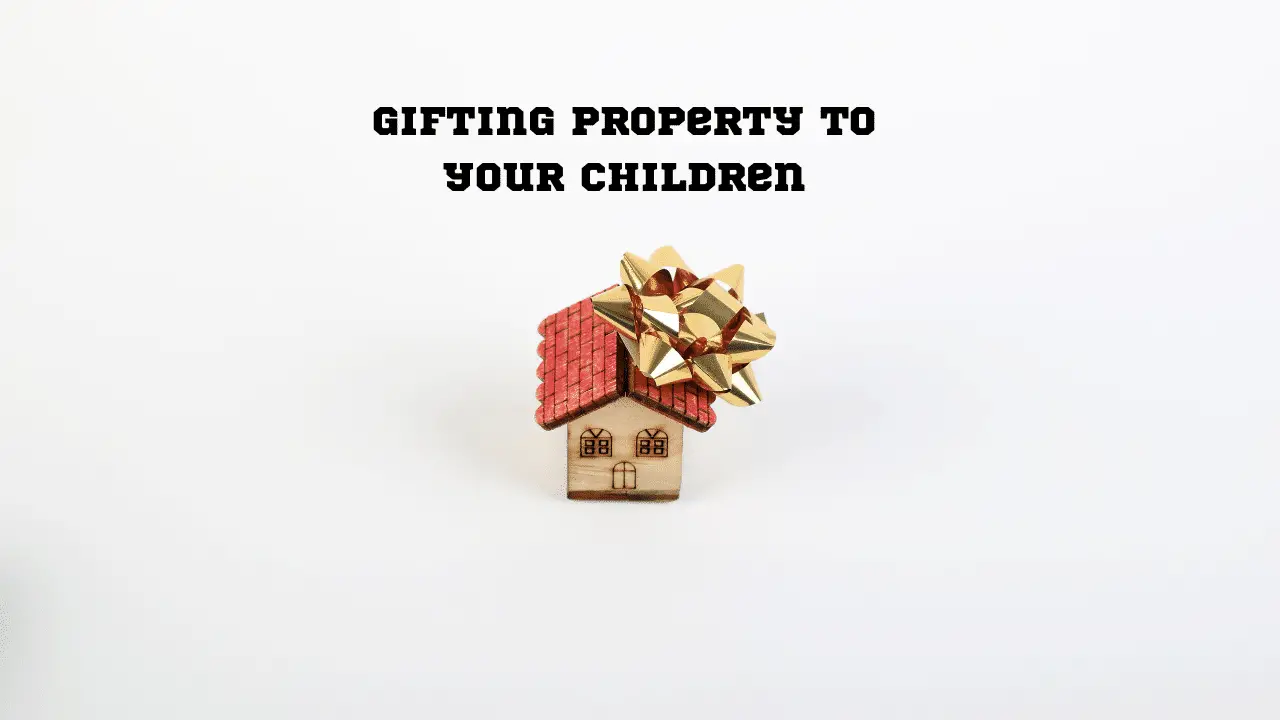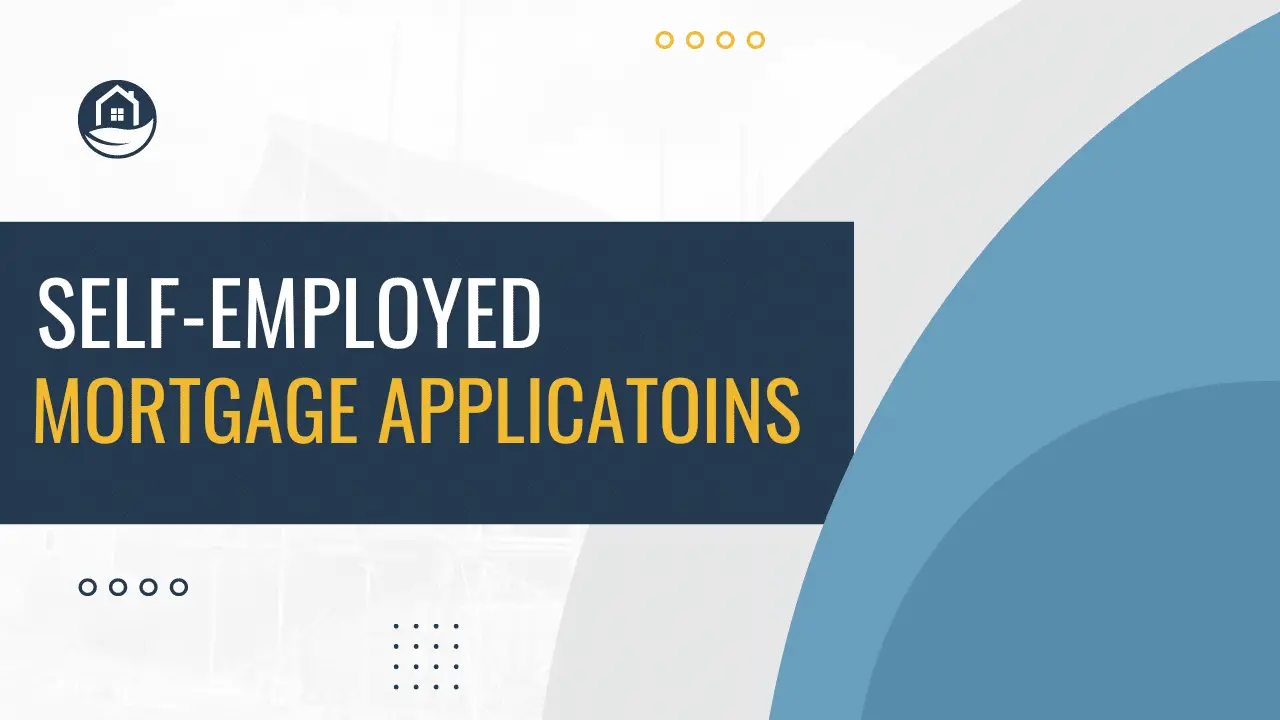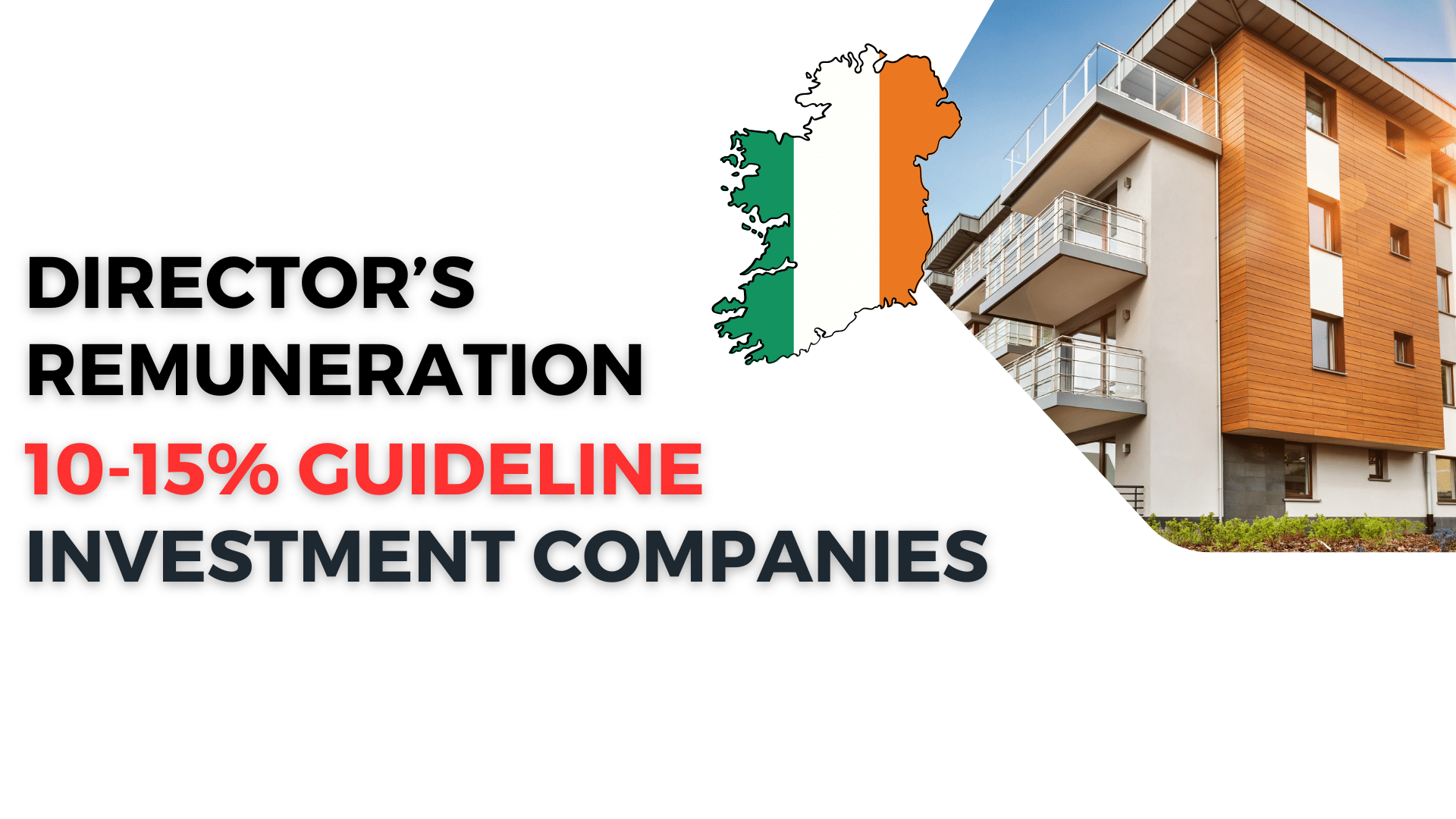The Irish housing market has become toxic, especially for the young generation. Many people feel completely locked out, with no hope of getting on the property ladder. On the other hand, it is not uncommon to see boomers own multiple properties.
It has become more common for parents who are in this fortunate position of owning more than one property to gift it to their children. As generous a proposition as this is, it really needs to be thought through carefully and requires the right amount of tax planning to make sure you don’t end up with a nasty surprise of a huge tax bill.
Key Takeaways
- When a parent gifts property to a child, the parent may have to pay a capital gains tax of 33% on the profit foregone.
- It is more tax efficient for the parent to transfer the property to their child in their will.
- Children are allowed to receive tax gifts from their parents of €335,000 over their lifetime. Anything above this level they will be required to pay capital acquisitions tax (33%).
- There are certain reliefs and schemes such as Agricultural Relief that can be utilised to minimise taxes due for all parties if they meet the requirements set out by the Revenue Commissioner.
Tax from the child’s point of view – when receiving gift of property
Gifts & inheritance in Ireland are subject to Capital Acquisitions Tax (CAT) – the tax rate at the time of writing in Ireland is 33%.
However, there are some tax-free thresholds depending on what your relationship is with the disponer (the person giving the gift).

As a child, you would qualify to be included in Group A of the CAT thresholds and are entitled to receive gifts or inheritance from your parents €335,000 tax-free over your lifetime.
Any amounts received above this level of €335,000 would be taxed at 33%.
Although there may be CAT due if you are below the thresholds, you will still have to pay stamp duty of 1% on residential property transfers (for amounts less than €1m).
Tax from the parent’s point of view – when gifting of property to children
While the parent may have all the best intentions in the world, they could be putting themselves into a tricky financial position by gifting property to a child when they are alive.
The parents will still have to pay capital gains tax on this property when it is gifted to the child, even though they are technically not selling the property. Unless the property that is being gifted is the parent’s principal private residence, then they may be able to get PPR relief for some or all of the capital gains tax due.
As you can imagine this can work out quite costly in certain scenarios.
For example, the property in question was bought by the parents in 1985 for €30,000 (I know we had pounds back then, but bear with me).
The property needed to be valued before any exchange took place, and the value that the property would get on the open market today was €350,000.
This means there is a capital gain of €320,000, which would be liable to 33% tax, less a capital gains tax relief of €1,270 that every person is entitled to use. Giving rise to a tax bill of €105,181.
On top of this the parent will also have to pay stamp duty of 1% of the market value of the gift (€3,500).
What is the solution?
As morbid as it may sound, it would be much more tax efficient to wait to hand this property over to your child in your will.
Any capital gain that arises at that time of death will be not subject to tax, will not be taken out of your estate, or passed on to your family.
Of course, there are reliefs that can be used (if you meet certain criteria), to pass on certain property to your child with minimal or reduced tax implications. Let’s go through these in the next section.
Situations where you can gift property to your children tax free
Agricultural Relief
Agricultural relief reduces the taxable value of the property, including land, by 90%. You must first pass the farmer test which stipulates that 80% of the market value of the property being transferred must be made up of agricultural property.
But the other 20% could include a farm house.
Another condition of qualifying for this relief is that you must either farm the land for the following 6 years post receiving the land (and hold the required farming qualifications), or lease the farm on a commercial basis to a qualified farmer.
Transfer of a site to a child
A parent can transfer a site to their child and not have to pay any capital gains tax once the child builds a home on this land and lives in it for at least 3 years.
The land must be 1 acre or less and valued at less than €500k.
Disclaimer: This blog post is for informational and educational purposes only and should not be construed as financial advice.







